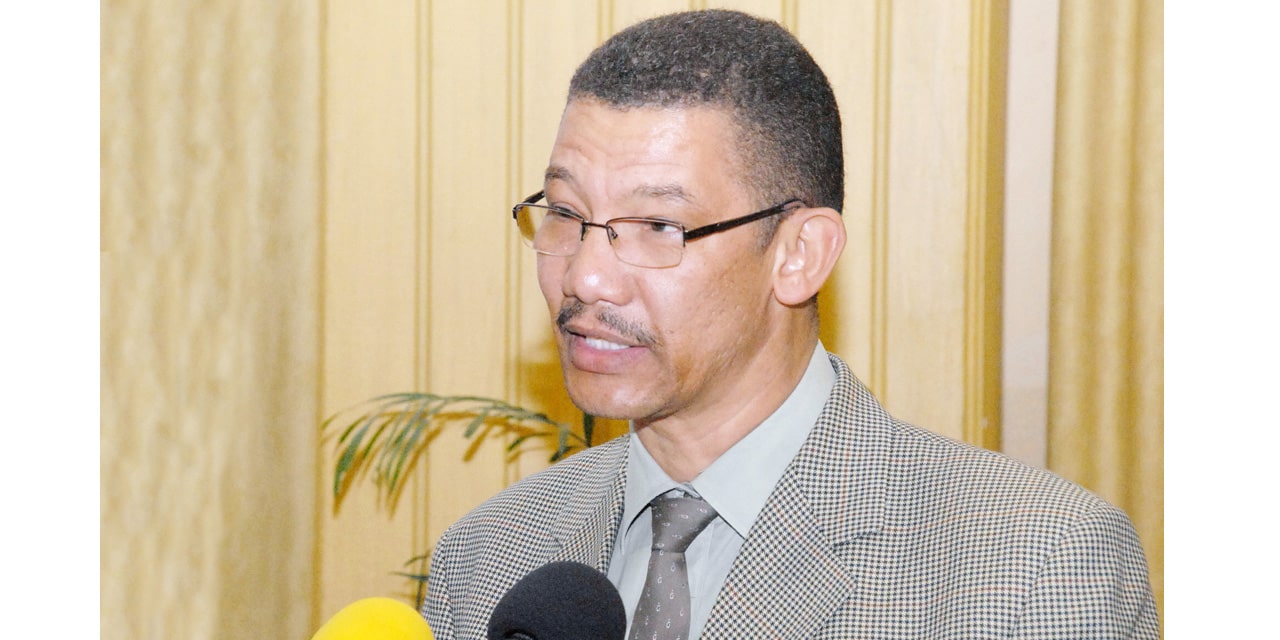Andrew Kathindi
The Ministry of Labour has revealed that 9,000 people have been retrenched since April this year, which is more than double the figure for the whole of last year.
Labour Commissioner at the Ministry, Henri Kassen told Windhoek Observer that from April to June there were 5,379 notices of retrenchment to the Ministry from 287 companies and almost all of them stemming from the state of emergency that was imposed to check the spread of COVID-19.
There were 3,484 retrenchments in the three months after that, from July to September from 320 companies.
Kassen said that he has been encouraged by the declining number of retrenchments since the state of emergency was lifted and does not expect the number to grow for the remainder of the year.
“My prediction and what I think may happen is that we are now getting to normalize, we have now received good news that the restrictions are relaxed. [This is especially good news] for the tourism and retail industries. They were heavily impacted. My prediction is that this number will go down. I do not foresee a higher number of retrenchments for the next three months. Our next quarter, of course, is October to December, I think it will still be steady; around 2000-3000 [more],” he told Windhoek Observer.
The Labour Commissioner further revealed that his office has had about 66 unfair dismissal cases of retrenchments since April; some of the major disputes involve the Safari, Avani and Hilton Hotels.
Half of these cases have so far been resolved, with the remainder still pending. Out of the 35 or so cases that have been resolved, around 25 were settled by way of an agreement.
Kassen said that he understands that a number of employers have used COVID-19 as an excuse to retrench but added his office has had a dilemma in going out to investigate and verifying whether companies that are giving notices for retrenchments really have financial problems as it may lead to conflict of interest.
“If we are going out to investigate, and then we come back and there’s a problem and somebody refers the dispute and we sit in court, we have also gone behind and looked at the things ourselves, we cannot now bring evidence ourselves. We have to keep an open mind like a judge or magistrate. And then hear the issues from afresh from the parties, we can’t go in canvas ourselves because we are the adjudicators, and we cannot be judge, jury, and prosecutor.”
He said it is not the mandate of the Ministry’s arbitrators to catch companies out but rather to receive complaints from employees who feel they have been unfairly dismissed and to evaluate cases and interpret whether the law was broken.
“The arbitrators with the office of the Labour Commissioner, which is partially autonomous in terms of the function because we fall under the minister in terms of finances and administrative control and support and so on. Functionally in terms of the hearings, the arbitrators and the Labour Commissioner are autonomous. We report to the Minister only”, said Kassen.
He also said that there needs to be more education for employers as illegal retrenchments can be opened as criminal cases.
“The employee can go to the police. But the police are so inundated when they hear it’s labour, they just say go the Ministry of Labour even though this one actually is within the ambit was it’s a criminal issue. That’s something that our ministry will probably have to take up and sensitise the Inspector General,” said the Labour Commissioner.
Meanwhile, Trade Union Congress of Namibia (TUCN) Secretary-General Mahongora Kavihuha said that retrenchment laws in Namibia were unfair to workers and there were many hiccups that frustrate trade unions.
“The regulation requiring ‘four weeks’ notice is very short. And some companies notify and continue to retrench. When you go to the labour commission, you just join a queue. Some companies in that time close up. Some companies even close up and open up again [under another name] doing the exact same thing. Employees receive peanuts with nothing to sustain them beyond three months.”




